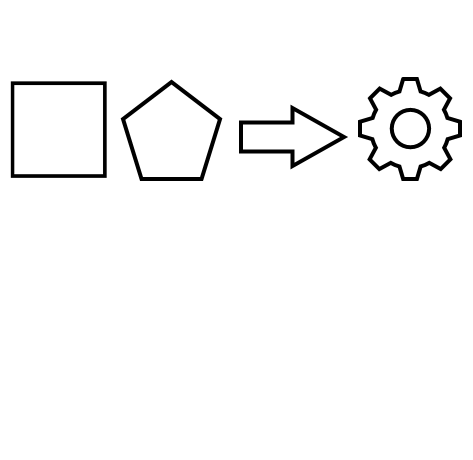Quando la malattia “rimette in forma”: la plasticità distruttrice e le figure del trauma
DOI:
https://doi.org/10.13135/2038-6788/10284Parole chiave:
Emozioni, Malabou, Neuroscienze, Patologia, Patologie del cervello, PlasticitàAbstract
Nowadays, philosophy must confront the emergence of new concepts of illness and “the new wounded,” meaning with this term individuals who suffer from pathologies affecting their identity and upsetting their affective economy. In her works, Catherine Malabou, one of the most influential thinkers in the contemporary French debate, investigates the affective isolation of Alzheimer’s patients, the loneliness of those who suffer with depression, and the pain experienced by the “survivors” of identity destruction; she does so in constant dialogue with the European philosophical tradition (Spinoza in particular) and recent discoveries in neuroscience. These themes also imply the use of a new concept of pathology, capable of involving, at the same time, “both form and being” of the individual and closely linked to the delineation of a morphological theory of plasticity.


